Constitutional Law – constitutional interpretation of statutes -constitutionality of section 26(1)(a) of the Legal Practice Act-constitutionality of the legal provision that a person qualified to be admitted and enrolled as a legal practitioner, if that person had satisfied all the requirements for the LLB degree obtained at any university registered in the Republic, after pursuing for that degree-whether the interpretation of the term university, as it appeared in section 26(1)(a) of the Legal Practice Act unjustifiably excluded an applicant having been duly registered and accredited as a private higher education institution, as envisaged by section 29(3) of the Constitution-Constitution of the Republic of South Africa,1996, section 29(3);Legal Practice Act 28 of 2014, section 26(1)(a)
Statutes–interpretation of statutory provisions-canons of interpretation of statutory provisions-where the definition of university in the Higher Education Act and Legal Practice Act was interpretedto exclude private higher education institutions – what was the extent in which a court should consider other legislation when interpreting a specific legislative provision?
Brief Facts:
The (applicant), the Independent Institute of Education (Pty) Ltd brought a review application in the High Court against the refusal of the KwaZulu-Natal Law Society (1st respondent) to recognise its LLB degree as being compliant with the requirements for entry into the attorneys’ profession, based on the 1st respondent’s interpretation of the term university, as it appeared in section 26(1)(a) of the Legal Practice Act. The applicant challenged the constitutional validity of section 26(1)(a) of the Legal Practice Act to the extent that the term university in the impugned provision unjustifiably excluded it, notwithstanding that it was a duly registered and accredited private higher education institution, as envisaged by section 29(3) of the Constitution of the Republic of South Africa (the Constitution).
When the matter came before the High Court, it held that section 26(1)(a) of the Legal Practice Act was constitutionally invalid to the extent that the use of the word university excluded private higher education institutions duly registered and accredited to offer the LLB degree. The applicant approached the Constitutional Court for the confirmation of the declaration of the High Court order. In addition, it sought a declaratory order that its LLB degree graduates were just as qualified as graduates from public universities to enter the legal profession.
During the hearing, the parties were in agreement with the outcome of the High Court judgment, but disagreed with the High Court’s decision that section 26(1)(a) of the Legal Practice Act was not reasonably capable of being given a constitutionally-compliant interpretation. The 8th respondent, the General Council of the Bar argued that the term university could, and should, be interpreted to include private higher education institutions that were registered and accredited in South Africa. It further argued that such an interpretation was not unduly strenuous to the text in section 26(1)(1) of the Legal Practice Act, but rather ensured constitutional compliance and gave proper effect to the purpose of the legislation.
Issues:
i Whether the interpretation of the term university, as it appeared in section 26(1)(a) of the Legal Practice Act unjustifiably excluded the applicant having been duly registered and accredited as a private higher education institution, as envisaged by section 29(3) of the Constitution.
ii What was the extent in which a court should consider other legislation when interpreting a specific legislative provision?
Relevant provisions of the law
Constitution of the Republic of South Africa, 1996
Section 29-Education
(3) Everyone has the right to establish and maintain, at their own expense, independent educational institutions that―
(a) do not discriminate on the basis of race;
(b) are registered with the State; and
(c) maintain standards that are not inferior to standards at comparable public educational institutions.
Legal Practice Act 28 of 2014
Section 26-Minimum legal qualifications and practical vocational training
(1) A person qualifies to be admitted and enrolled as a legal practitioner, if that person has―
(a) satisfied all the requirements for the LLB degree obtained at any university registered in the Republic, after pursuing for that degree-
(i) a course of study of not less than four years; or
(ii) a course of study of not less than five years if the LLB degree is preceded by a bachelor’s degree other than the LLB degree, as determined in the rules of the university in question and approved by the council…
The Higher Education Act 101 of 1997
University-a higher education institution providing higher education and with a scope and range of operations, including undergraduate and postgraduate higher education programmes, research and community engagement, which meets the criteria for recognition as a university as presented by the Minister under section 69(d); and
(a) registered as private university, in terms of this Act.
Held:
- Where a provision of a statute was either sought to be interpreted or tested for constitutional validity, it could at times be appropriate to consider how another statute dealt with a similar issue. But even under those circumstances, the latter statute could not be any more than an interpretive aid. It would thus be impermissible to use as a standard to be adhered to or to attach more weight to a word in a statute that was not being challenged, to determine the constitutionality of an impugned statute. The Constitution was the standard to be complied with in determining the constitutionality of any legislation. Where the ascertainment of the meaning or constitutionality of a provision could be enabled by direct guidance from the Bill of Rights as in the case, then that superior interpretive aid or measurement of constitutionality should render unnecessary any reference to whatever legislation might appear to be relevant. If when considering the constitutionality of a particular legislation it became apparent that its provisions were consistent with or promoted the Bill of Rights, there would be no need to still ascertain whether its provisions were consistent with those of another related legislation.
- The special meaning given to university in the Higher Education Act was confined to instances where the Higher Education Act itself applied. But, even then, the definition applied subject to context. Room was left for the word university to be given a meaning that was at variance with that specially defined one even where the Higher Education Act applied.
- Where a word was defined in a statute, the meaning ascribed to it by the Legislature had to prevail over its ordinary meaning. The following had to never be lost sight of:
- A special meaning ascribed to a word or phrase in a statute ordinarily applied to that statute alone.
- Even in instances where that statute applied, the context might dictate that the special meaning be departed from.
- Where the application of the definition, even where the same statute in which it was located applied, would give rise to an injustice or incongruity or absurdity that was at odds with the purpose of the statute, then the defined meaning would be inappropriate for use and should therefore be ignored.
- A definition of a word in the one statute did not automatically or compulsorily apply to the same word in another statute.
- A word or phrase was to be given its ordinary meaning unless it was defined in the statute where it was located.
- Where one of the meanings that could be given to a word or expression in a statute, without straining the language, promoted the spirit, purport and objects of the Bill of Rights, then that was the meaning to be adopted even if it was at odds with any other meaning in other statutes.
- The Higher Education Act did not itself have a fixed general meaning of university that necessarily applied to the Act in its entirety. Parliament knew all pieces of legislation it had passed. Had it wanted to ascribe to university in the Legal Practice Act the same meaning it gave to it in the Higher Education Act, it would have been all too easy for it to do so. But, it chose not to. That despite the fact that it knew that words carried their ordinary meaning unless a special meaning was ascribed to them. Absent a defined special meaning in the Legal Practice Act, university had to thus be given its ordinary meaning.
- Section 26(1)(b) of the Legal Practice Act required that a graduate seeking to practice law in South Africa with a law degree from another country, hold a degree of the quality or standard that was equivalent to the LLB degree and recognised by the South African Qualifications Authority. The applicant offered such a recognised degree. How then could a foreign equivalent of the LLB degree awarded by the public universities be acceptable in terms of the Legal Practice Act but a domestic equivalent by a private higher education institution was not acceptable just because the institution was not referred to as a university or public university? Surely the mere absence of section 69(d) of the Higher Education Act’s registration criteria could not disqualify what was in reality a university from being treated as such.
- Section 26(1)(a) of the Legal Practice Act itself had to be construed with reference to relevant constitutional provisions to determine what it meant and whether it was constitutional; not a definitional section of the Higher Education Act. More importantly, that interpretive exercise, properly done in obedience to the dictates of section 39(2) of the Constitution, had to be sensitive to the obligation courts had to promote the fundamentals of the Bill of Rights which provided for private institutions of learning in section 29 of the Constitution.
- The applicant was an independent educational institution envisaged by section 29(3) of the Constitution. There was no suggestion that it sought to discriminate on any constitutionally-objectionable basis. It was registered with the State and the accreditation of its LLB programme confirmed that it was of a standard that was not inferior to that of a public university. It too offered a four-year LLB degree. The establishment of a constitutionally-compliant institution, like the applicant, promoted the spirit, purport and objects of section 29 of the Constitution. It increased the pool wherefrom higher education of an appropriate standard could be made accessible to many. There had to be guarded against mistakenly undermining or frustrating the essence of the Bill of Rights.
- All those considerations pointed to no other conclusion but that a registered independent higher institution of learning, like the applicant, whose character and programmes met the constitutional and statutory requirements of an equivalent public institution, was a university. To conclude otherwise would amount to putting form over substance and it would give rise to an absurdity and injustice because everything about the applicant demonstrated beyond doubt that it was a university properly so called.
- The 1st respondent sought to interpret a word in one piece of legislation through the prism of a special meaning ascribed to it in another. That was impermissible in law barring, for example, instances where the need to do so flowed effortlessly from context or from the provisions of the statutes being used as a guideline, or where for example the impugned provision cross-referenced a meaning of the same word or expression in another legislation, but even then, without disregarding the very provisions of legislation sought to be relied on or inadvertently side-lining the section 39(2) injunction of the Constitution.
- No attempt was made to grapple with the possibility of giving university in section 26(1)(a) its ordinary grammatical meaning, to properly reflect on its contextual and purposive meaning or to interpret the word consistently with section 29(3) of the Constitution. The sad reality was that the determinative issue in the High Court was the definition of university in the Higher Education Act which was not challenged or sought to be interpreted.
- The words any university in section 26(1)(a) were thus capable of and should be given a meaning that was in conformity with the provisions of section 29(3) of the Constitution. And that gave significance to section 39(2) which provided that when interpreting any legislation every court, tribunal, or forum had to promote the spirit, purport and objects of the Bill of Rights. The High Court order declaring section 26(1)(a) of the Legal Practice Act constitutionally invalid would thus not be confirmed.
Theron J (Froneman J concurring)
- Courts had to properly contextualise statutory provisions when ascribing meaning to the words used therein. While maintaining that words should generally be given their ordinary grammatical meaning, the court had long recognised that a contextual and purposive approach had to be applied to statutory interpretation. Text was not everything. Unless there was no other tenable meaning, words in a statute were not given their ordinary grammatical meaning if, to do so, would lead to absurdity.
- The provisions of the Higher Education Act formed part of the context which should be considered by the court in interpreting section 26(1)(a) of the Legal Practice Act. Section 26(1)(a) of the Legal Practice Act required that the LLB had to have been conferred by a university registered in the Republic. The Higher Education Act was the legislation in terms of which higher education institutions were registered in South Africa. In addition, the Preamble of the Higher Education Act recognised that it was part of the purpose of the Act to establish a single co-ordinated higher education system. It was therefore relevant to the interpretation of section 26(1)(a) of the Legal Practice Act that university was ascribed a particular meaning in the Higher Education Act. In those circumstances, it was undesirable to have a different and conflicting meaning ascribed to university from that in the Higher Education Act.
- Although the Higher Education Act did recognise both public and private universities, the meaning ascribed to university in the Act was narrower than the ordinary grammatical meaning of the term. An interpretation of section 26(1)(a) of the Legal Practice Act which gave university the same meaning as that ascribed to the term in the Higher Education Act would exclude the applicant’s students from entry into the legal profession. That was because the applicant was not a university as defined in the Higher Education Act.
- There was no rational basis for differentiating between law graduates of public universities and those of the applicant. The applicant was a higher education institution registered in terms of the Higher Education Act. It had been accredited by the Council on Higher Education and registered by the South African Qualifications Authority to provide the LLB degree. There was no relevant difference for the purposes of entry into the profession between the LLB degree provided by the applicant and one provided by a public university. That was confirmed by the Council on Higher Education, which stated that the LLB degree offered by the applicant was on par with that offered by public universities.
- The meaning given to university differed from the definition thereof in the Higher Education Act the interpretation it endorsed was not unduly strained. First, the interpretation showed fealty to the language of the legislative provision it gave the word university its ordinary, elementary meaning. Second, the interpretation gave effect to the stated purpose of the Legal Practice Act, which was to remove any unnecessary or artificial barriers for entry into the legal profession. Third, the interpretation neither resulted in any clash (as opposed to mere difference) between the Legal Practice Act and the Higher Education Act, nor did it render any part of the Higher Education Act ineffective


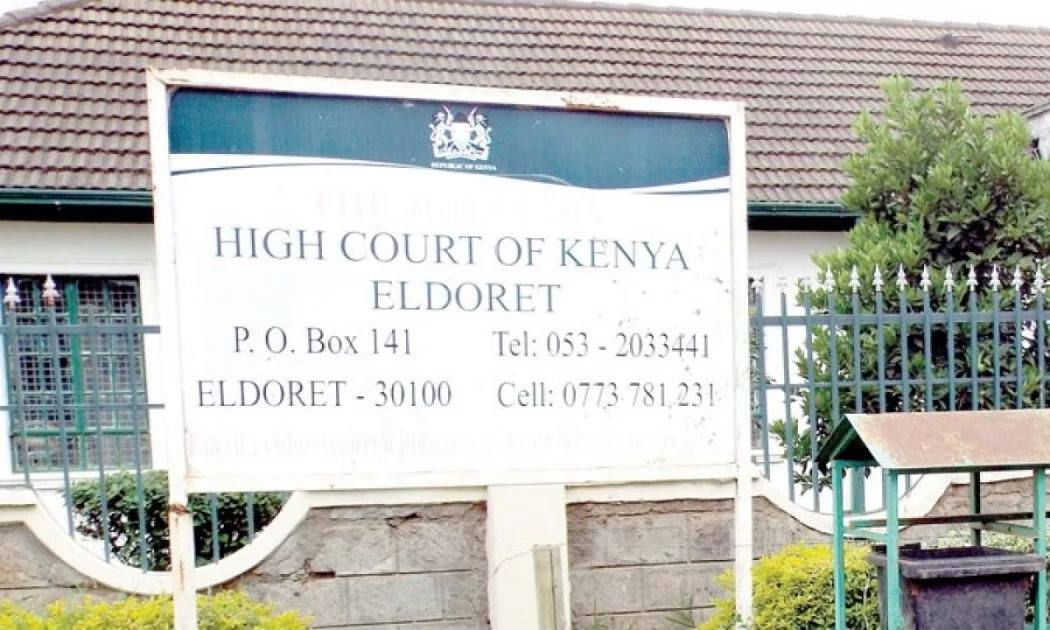
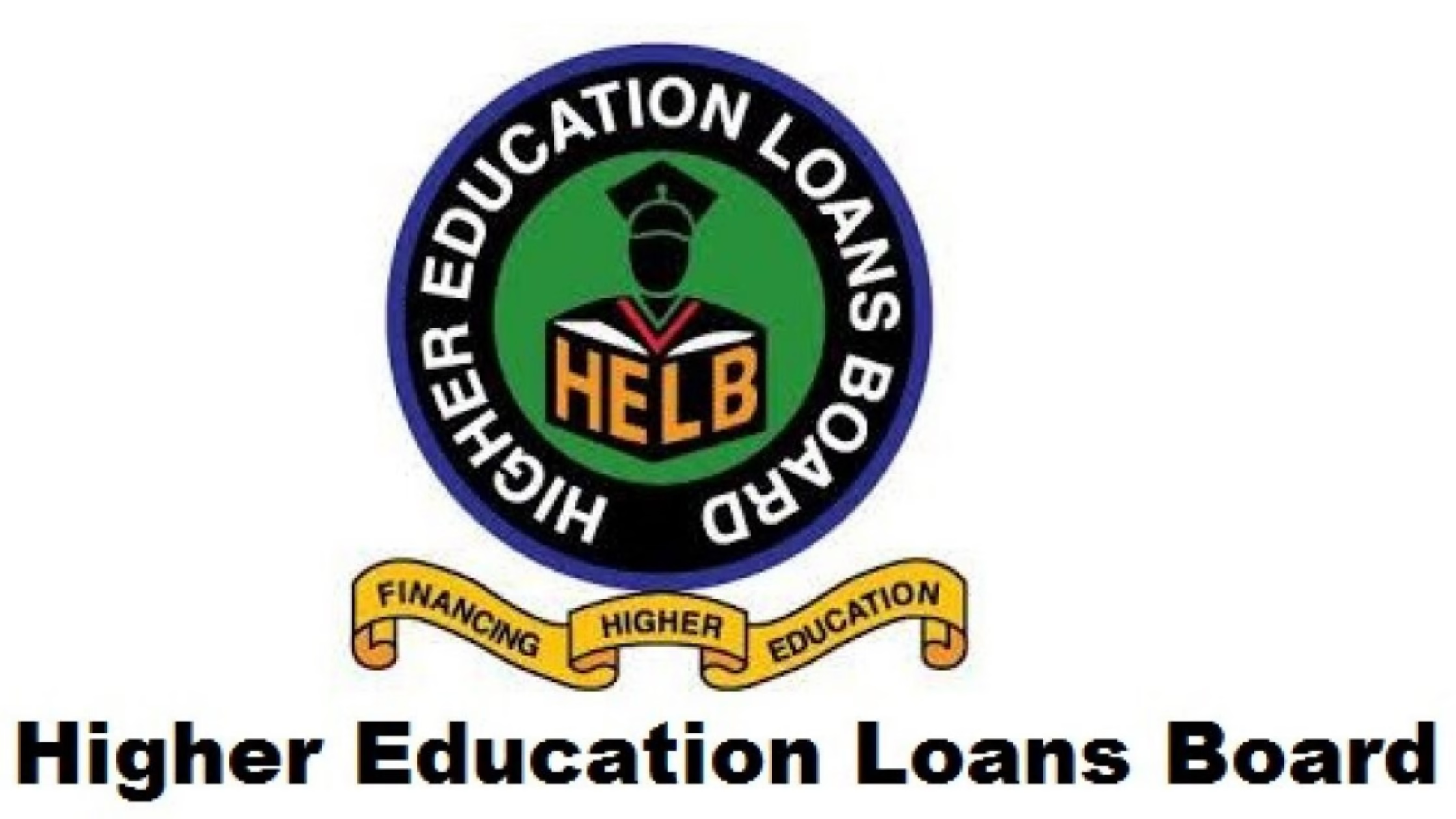

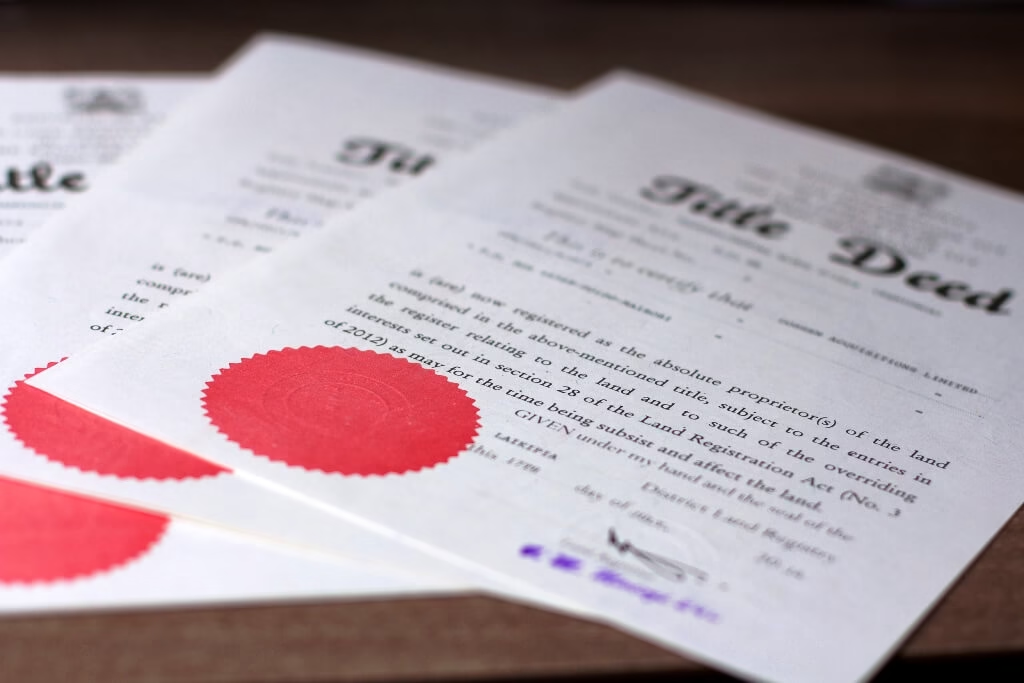

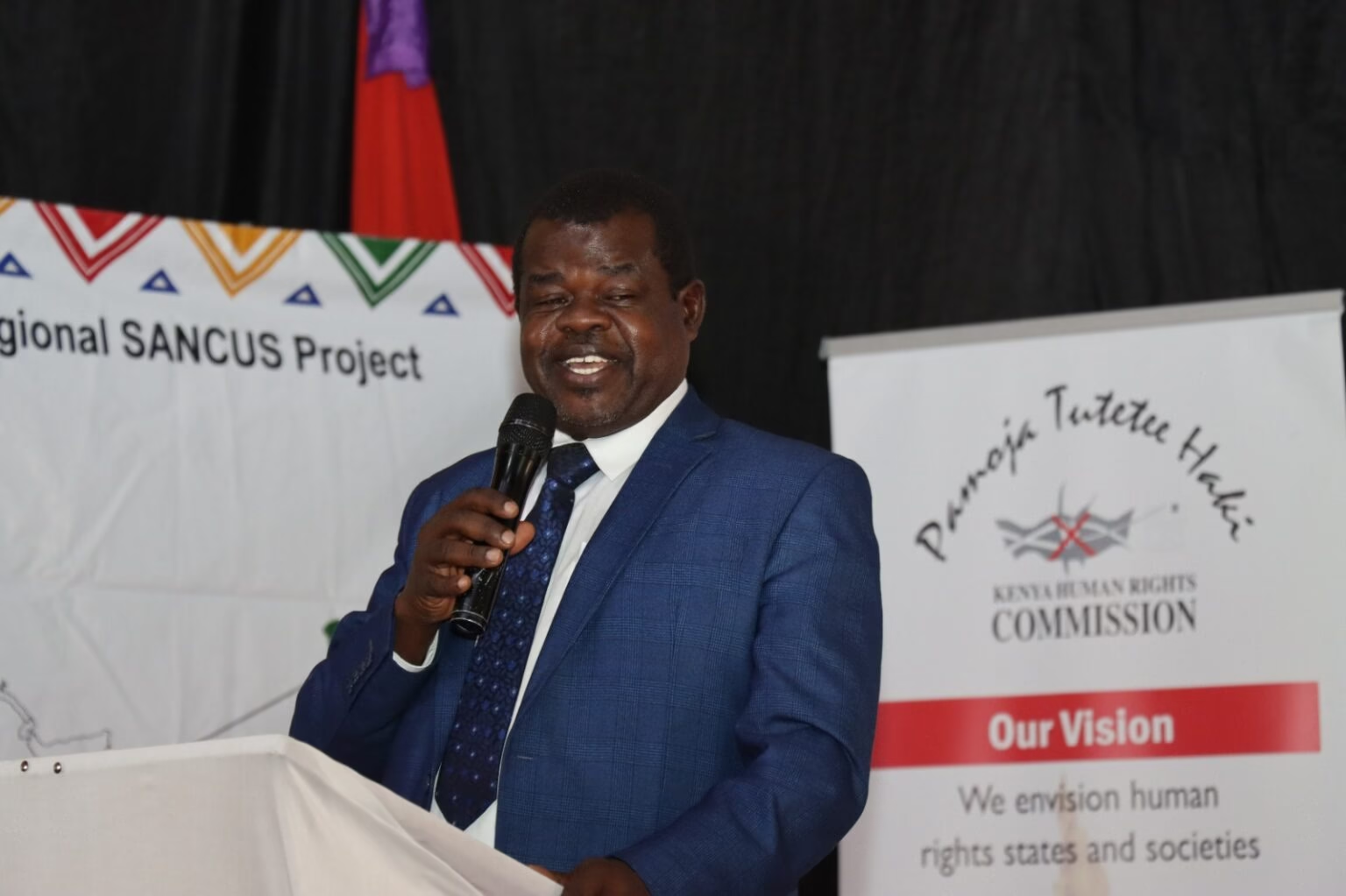
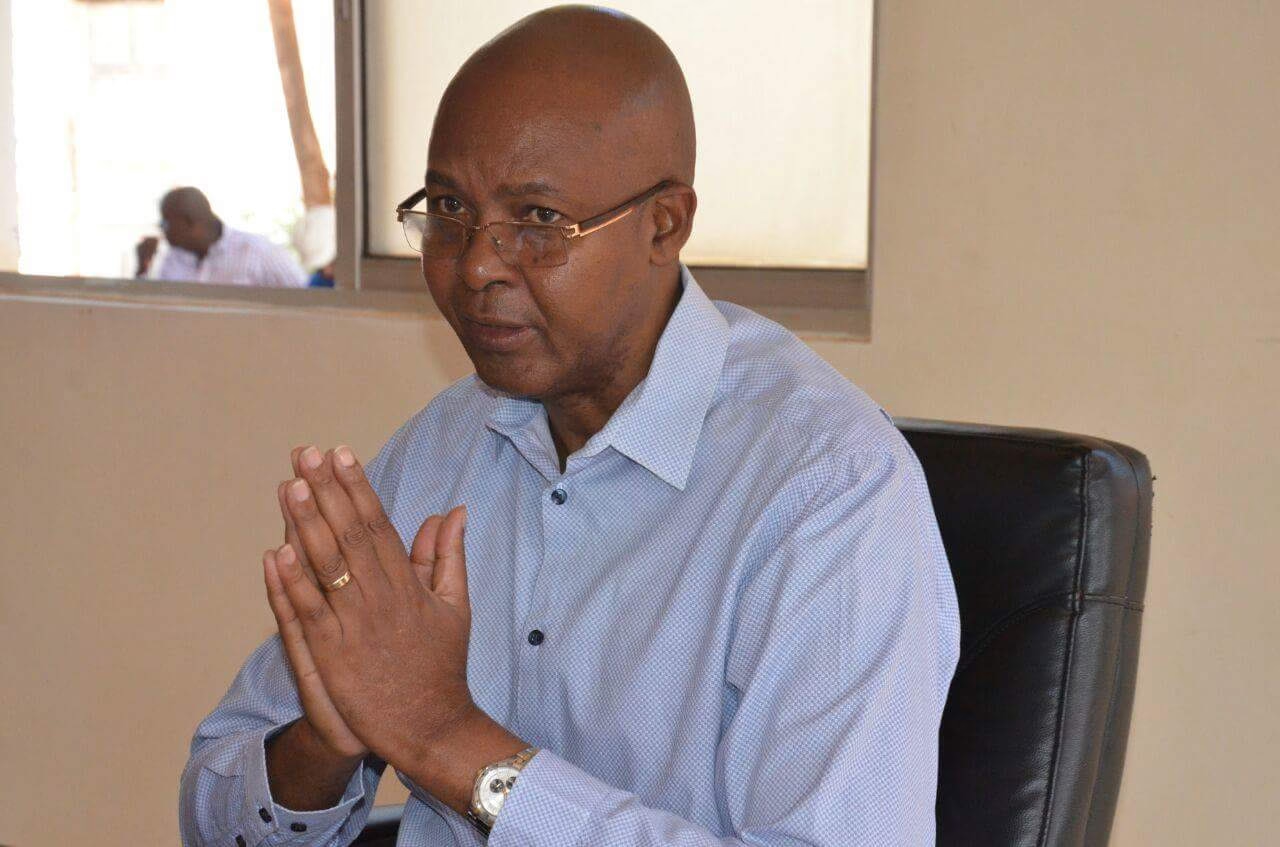
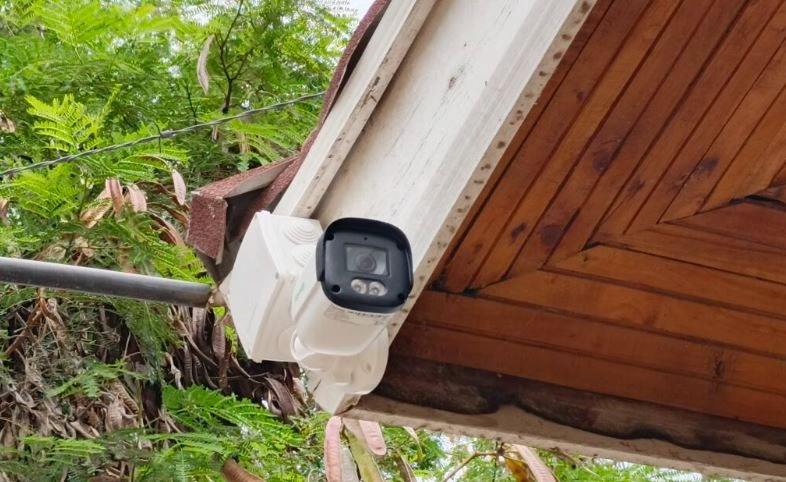


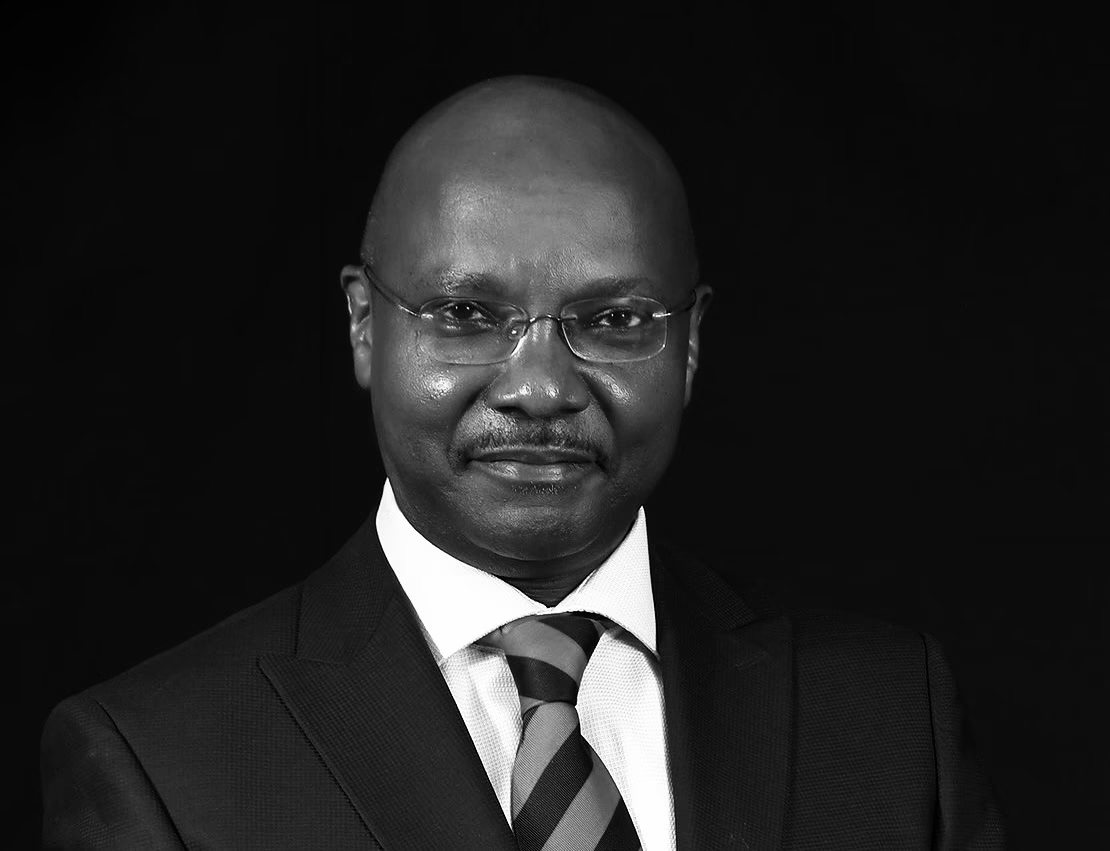


Leave a Reply